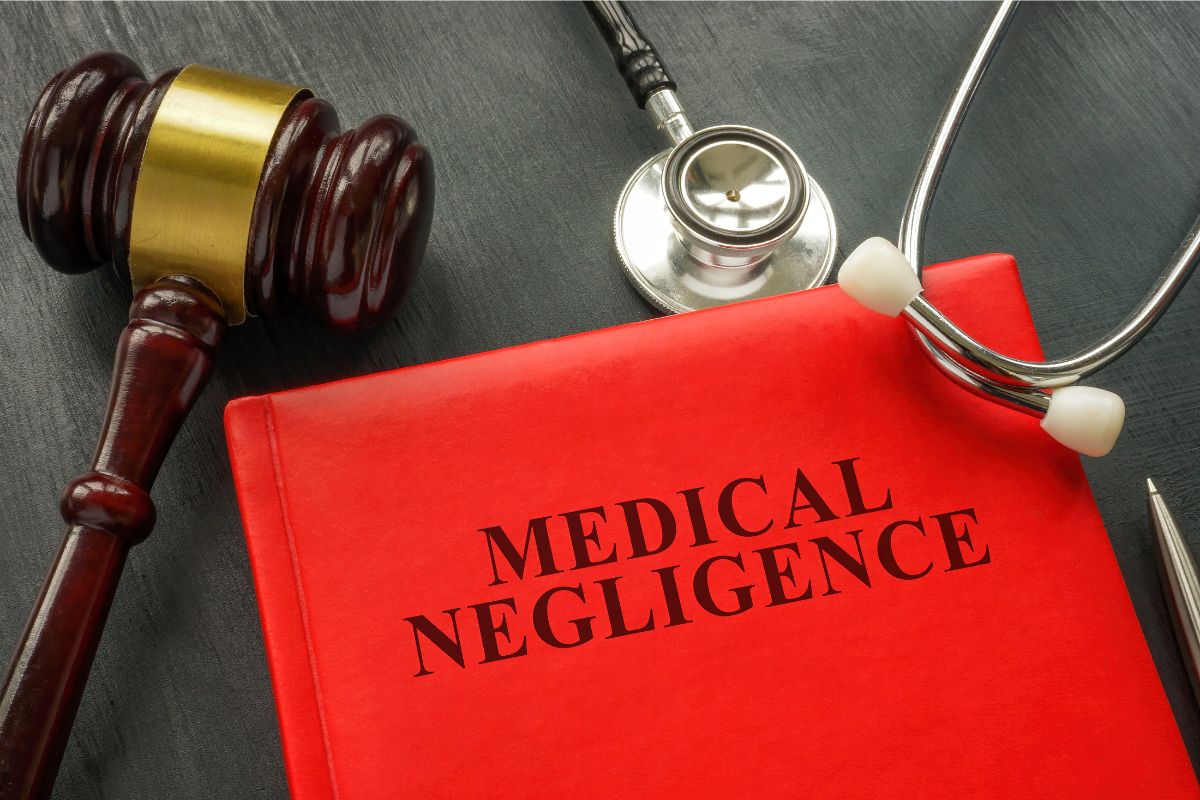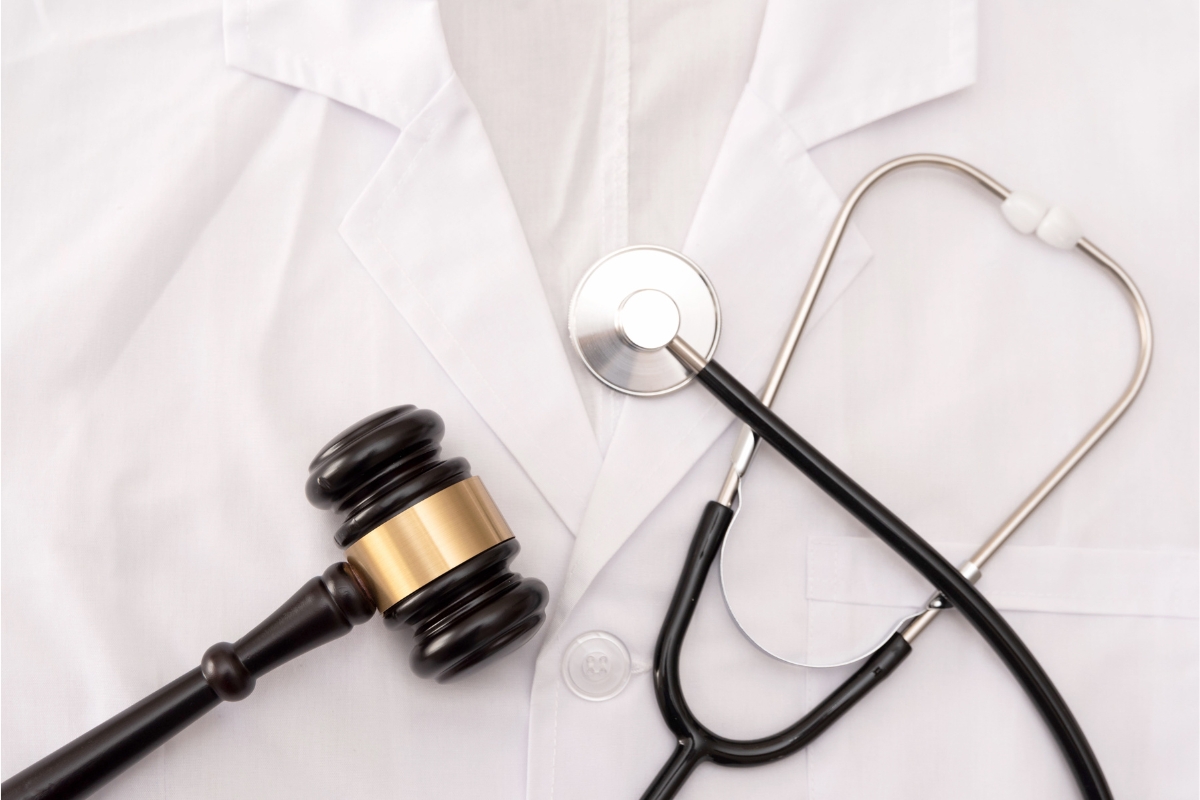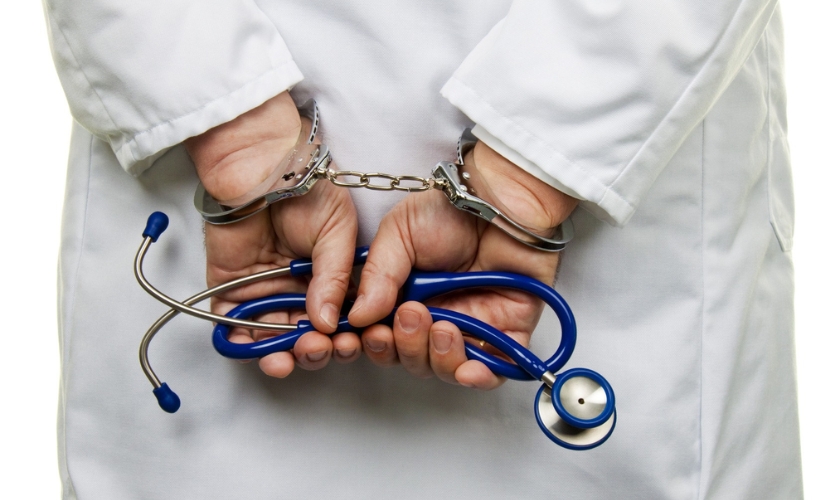
When medical care results in injury, acting swiftly to gather the proper evidence can be the deciding factor. If you or someone close to you was harmed by a healthcare worker’s neglect, understanding what kind of evidence you will need is vital to safeguard your rights. Delaying or ignoring the situation may result in losing necessary paperwork and your opportunity for justice. As a Personal Injury Attorney, I frequently witness how timely preparation lays the groundwork for an effective claim.
Key Evidence That Strengthens Your Medical Malpractice Claim
Understanding Medical Malpractice: What is Considered Evidence?
Medical malpractice occurs when a medical professional violates your obligation of care, causing harm. To establish this, four things need to be shown evidently:
- Doctor-Patient Relationship: There must be an established treatment relationship.
- Negligence or Breach of Duty: The practitioner deviated from accepted medical practice.
- Causation: The breach directly caused your damage.
- Damages: You incurred quantifiable damage—bodily, economic, or emotional.
Meeting these criteria isn’t simple, but they’re the legal backbone of any medical malpractice case in Missouri. A Medical Malpractice Attorney in Springfield, MO, often emphasizes these points when building a case.
Your medical records are the most critical documents because they track your diagnosis, treatments, and whether accepted procedures were followed. Prescription records, lab results, and consent forms are a big part of it, particularly if risks were not explained or procedures were not correct. Visual evidence such as photos or videos, medical invoices, and expert testimony further support your case. Expert witnesses explain whether your healthcare provider acted below the level of care—something even courts heavily depend upon in making a decision.
Step-by-Step Guide to Proving Medical Malpractice in Missouri
- Secure Complete Medical Records: These consist of hospital charts, physicians’ notes, imaging, test results, and medication logs. They are the foundation of your proof by documenting your care and uncovering gaps. Laws in Missouri mandate moving with alacrity before records are destroyed or lost.
- Get Expert Medical Testimony: Courts expect competent medical professionals to tell the court whether there was negligence by standards accepted.
- Accumulate Proof of Injury and Damages: Medical billing records, lost income, and injury photos substantiate your claim.
- Submit an Affidavit of Merit: Missouri statute mandates this expert affidavit of merit evidencing negligence early on to prevent dismissal. An affidavit of merit is a sworn statement from a qualified medical expert, confirming that there is a valid basis for your claim of medical malpractice. This document is crucial in proving your case and is required by Missouri law.
Most Frequent Medical Malpractice Claims
Errors resulting in malpractice claims commonly include:
- Surgical blunders
- Misdiagnosis or delayed diagnosis
- Medication blunders
- Birth trauma
- Inadequate informed consent
Not all errors are malpractice unless they cause actual harm, so having clean proof is essential.
Missouri typically requires filing your claim within two years from the date the alleged negligence occurred or was discovered. This is called the statute of limitations. The clock can start later if the injury wasn’t immediately apparent. For minors, the period may extend until they turn 18. Meeting these deadlines is essential—missing them can bar your case entirely. That’s why swift consultation with a Personal Injury Attorney Near 65806 is critical to protect your claim.
Local laws establish strict procedural controls such as the affidavit of merit and statute of limitations that strike a balance between shielding patients and healthcare professionals. Hospitals may contest claims by raising questions such as whether the negligent provider was an employee at the time. Such subtleties imply you require experienced legal counsel to navigate rules wisely and correctly file a claim.
A Personal Injury Lawyer plays a crucial role in proving medical malpractice. They can help you understand your rights, gather necessary evidence, and navigate the complex legal process. You must call an attorney immediately when you suspect negligence or injury caused by medical treatment. Early action maintains evidence, clarifies your rights, and initiates legal action promptly. An experienced Springfield Personal Injury Lawyer knows how to deal with medical professionals, compile essential documents, and safeguard your interests throughout the claim process.
By understanding what evidence is essential and moving quickly, you set yourself up for the most favorable outcome. Your health and well-being hang in the balance, and having an experienced Springfield Personal Injury Lawyer guiding you through the nuances of medical malpractice law is the key to success.





